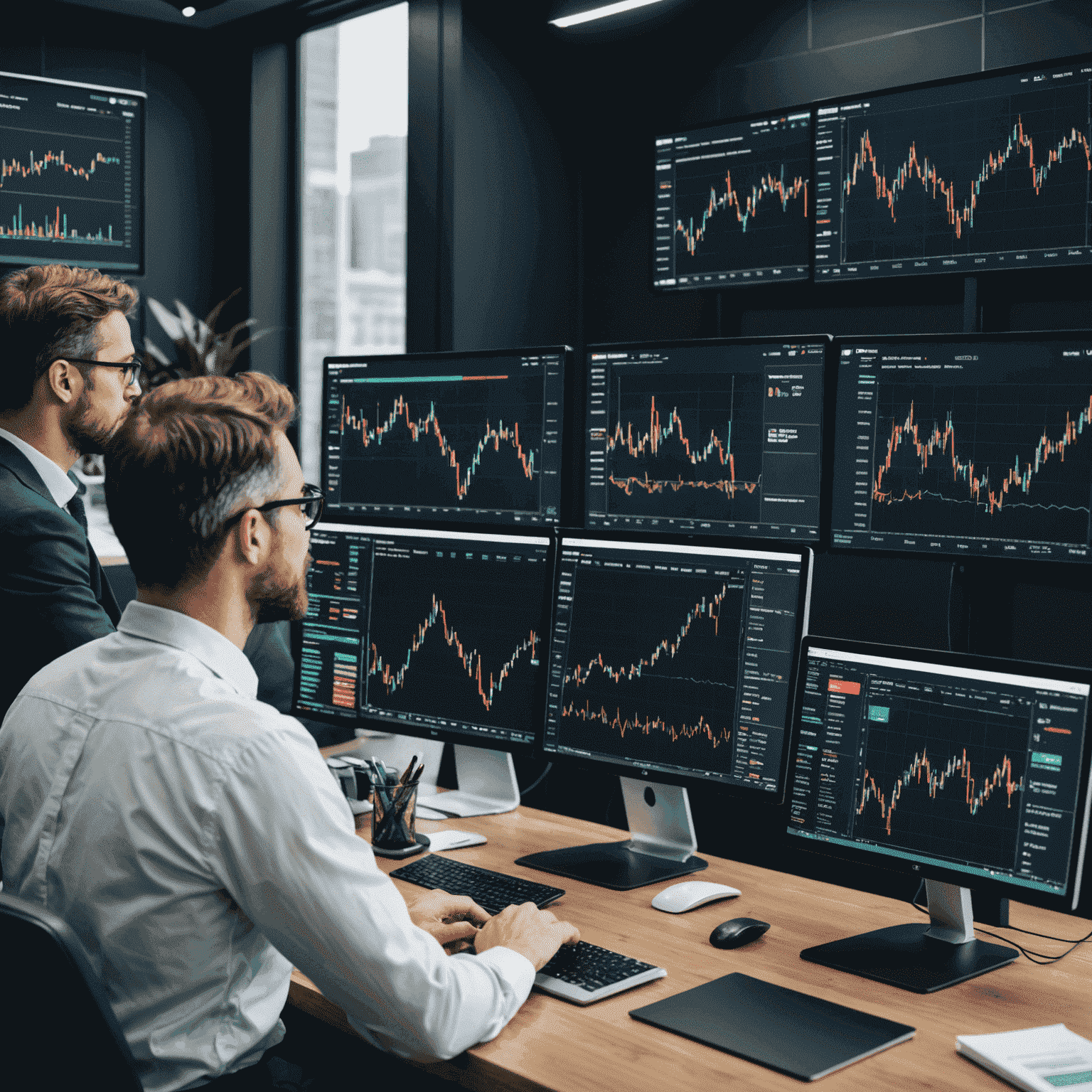Global Inflation: Causes and Consequences

The world is currently grappling with a surge in inflation rates, a phenomenon that has far-reaching implications for economies and financial markets worldwide. This article examines the driving factors behind this global trend and explores its potential long-term effects.
Causes of Global Inflation
- Supply Chain Disruptions: The COVID-19 pandemic has severely impacted global supply chains, leading to shortages and increased prices for goods and raw materials.
- Expansionary Monetary Policies: Central banks worldwide have implemented unprecedented monetary stimulus measures, increasing money supply and potentially fueling inflation.
- Pent-up Consumer Demand: As economies reopen, there's a surge in consumer spending, driving up prices for goods and services.
- Rising Energy Costs: Fluctuations in oil prices and the transition to renewable energy sources are contributing to inflationary pressures.
Consequences for Global Economies
The effects of sustained high inflation rates are multifaceted and can significantly impact various aspects of the global economy:
- Erosion of Purchasing Power: As prices rise, the value of money decreases, affecting consumers' ability to purchase goods and services.
- Interest Rate Hikes: Central banks may raise interest rates to combat inflation, potentially slowing economic growth and affecting borrowing costs.
- Currency Fluctuations: Differing inflation rates between countries can lead to changes in exchange rates, impacting international trade and investment.
- Asset Valuation: Inflation can affect the valuation of various assets, including stocks, bonds, and real estate, potentially reshaping investment strategies.
Impact on Financial Markets
Global inflation trends have significant implications for financial markets:
- Equity Markets: Some sectors may benefit from inflation, while others may struggle, leading to shifts in market leadership.
- Bond Markets: Rising inflation expectations can lead to higher yields and lower bond prices, affecting fixed-income investments.
- Commodities: Inflation often drives up commodity prices, potentially benefiting commodity-exporting countries and related investments.
- Cryptocurrencies: Some investors view cryptocurrencies as a hedge against inflation, potentially increasing demand for digital assets.
Long-term Outlook
The long-term effects of current inflationary trends remain uncertain. Economists and policymakers are closely monitoring the situation, debating whether the current inflation surge is transitory or indicative of a more persistent trend. Factors such as technological advancements, demographic shifts, and climate change policies will likely play crucial roles in shaping future inflation dynamics.
As global economies navigate these inflationary pressures, investors and financial institutions are adapting their strategies. Tools like TradingView are becoming increasingly valuable for analyzing market trends and making informed decisions in this complex economic landscape.

In conclusion, while the current global inflation trend presents challenges, it also creates opportunities for those who can navigate the changing economic landscape effectively. Staying informed and adaptable will be key to success in this evolving financial environment.